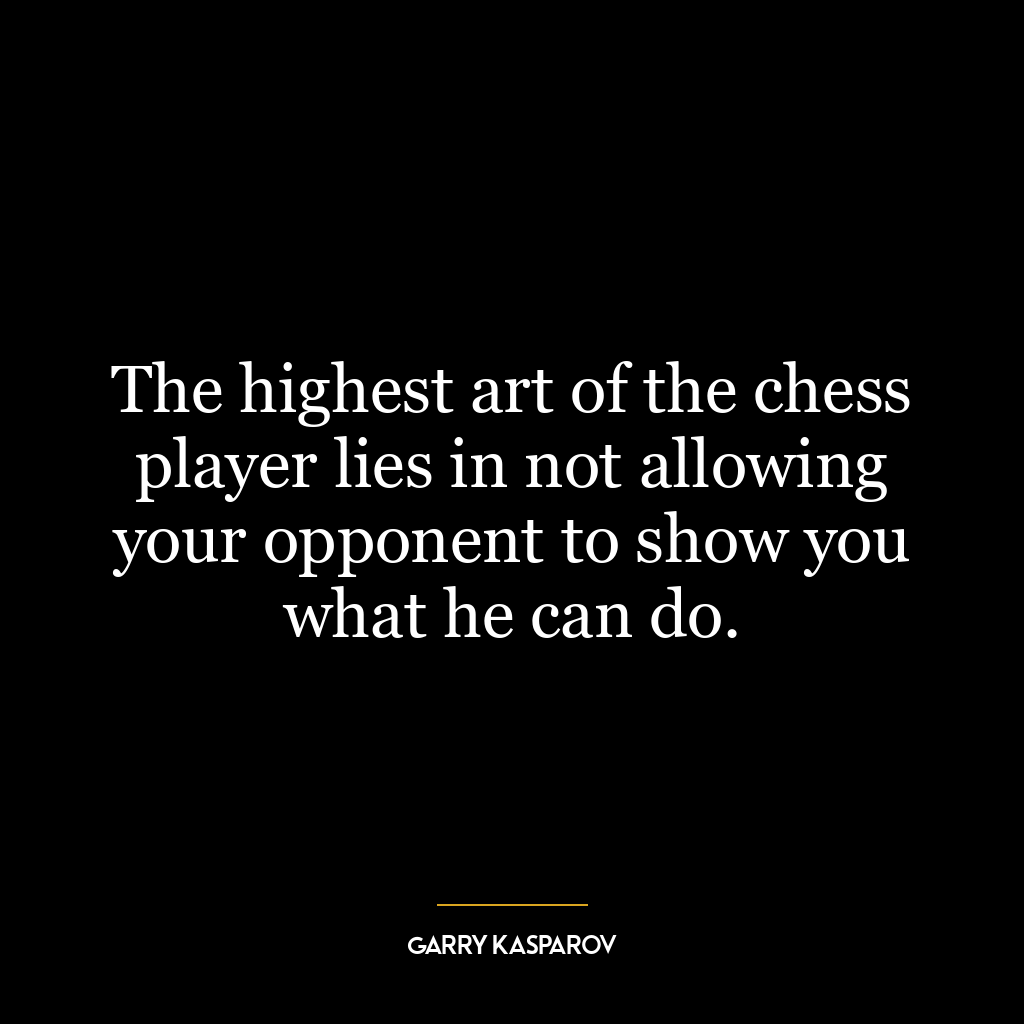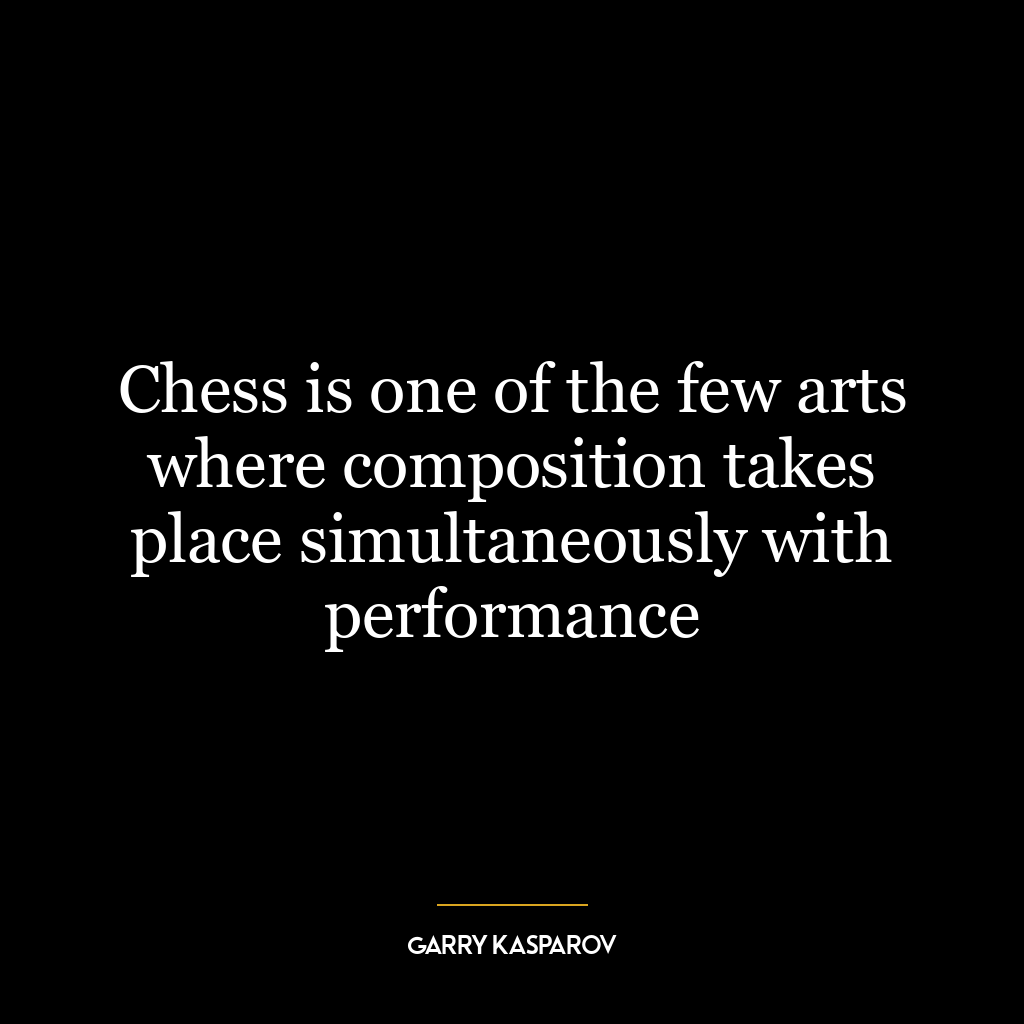If the metrics you are looking at aren’t useful in optimizing your strategy – stop looking at them.
This quote emphasizes the importance of focusing on relevant and actionable data in decision-making processes. Essentially, it suggests that if the metrics, or measurements, you’re considering aren’t helping you improve your strategy, they’re not worth your time or attention.
In other words, it’s not about the quantity of data you have, but the quality and relevance. It’s about distinguishing the signal from the noise. The ‘noise’ here refers to data that doesn’t contribute to the understanding or improvement of a situation, while the ‘signal’ refers to the meaningful and useful information.
Applying this principle in today’s world, particularly in the context of business, is crucial. With the surge of big data, businesses have access to vast amounts of information. However, not all of this data is useful. Businesses need to identify and focus on the metrics that actually help them understand their performance, customer behavior, market trends, and so on. These valuable insights can then be used to optimize strategies and make informed decisions.
This concept can also be applied to personal development. For instance, if you’re trying to improve your health, you might track various metrics such as calories consumed, steps walked, hours slept, etc. However, if you find that some of these metrics aren’t helping you reach your health goals, it would be wise to stop focusing on them and instead concentrate on the ones that do.
In conclusion, the essence of the quote is about focusing on what matters and ignoring what doesn’t. It’s about using your time and resources effectively by paying attention to the metrics that truly help you optimize your strategy, whether in business or personal development.








